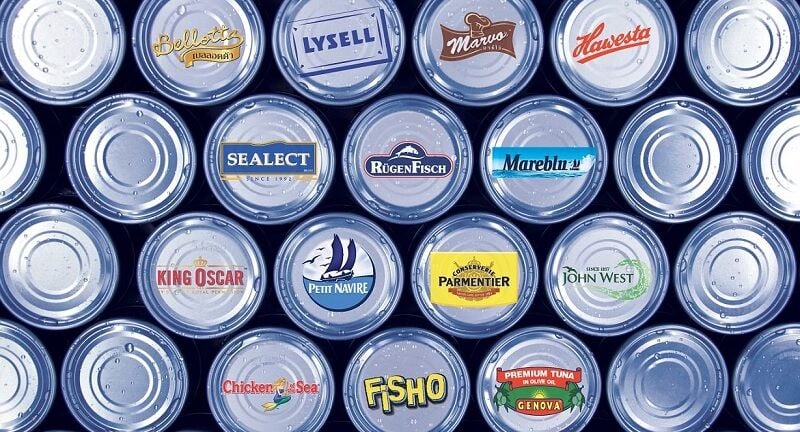Tuna boom: Thai exports make a splash with double-digit surge

Thai exports of canned tuna have experienced a notable surge, increasing by over 13% in the first five months of this year. According to the Director-General of the Trade Policy and Strategy Office (TPSO), Poonpong Naiyanapakorn, the value of these exports reached US$979 million during this period, reflecting a 13.4% year-on-year growth.
Thailand exported 221,092 tonnes of canned tuna this year, marking a 19.4% increase compared to the previous year. This rise is partly attributed to the use of canned tuna as a raw material in pet food production.
Pet food exports from Thailand also saw significant growth in the first five months this year, soaring to US$1.07 billion, a 37.6% increase year-on-year. This uptick indicates a broader recovery for the tuna industry across all product categories within the value chain.
In 2023, Thailand’s primary export markets for canned tuna included the US, with a value of US$482 million, accounting for 23.1% of the total exports. Japan followed with US$257 million (12.3%), Australia with US$173 million (8.27%), Libya with US$150 million (7.2%), and Saudi Arabia with US$138 million (6.61%).
Globally, Thailand leads as the top exporter of canned tuna with exports valued at US$2.09 billion. Other significant exporters include Ecuador at US$1.12 billion, China at US$832 million, Spain at US$792 million, and the Netherlands at US$314 million.
The US remains the largest importer of canned tuna, with imports valued at US$1.18 billion, constituting 13.5% of the global market. European countries such as Italy, Spain, France, and Germany collectively imported US$2.82 billion worth of canned tuna, representing a 32.2% market share.
European market
Thailand dominates the US canned tuna market with a 38.1% share and holds a 0.59% share of the European market. Several factors have supported this year’s surge in Thai canned tuna exports, including lower raw tuna costs, increased demand for halal food, and geopolitical risks that have led to higher product stocks, said Naiyanapakorn.
“Thailand’s competitive edge in canned tuna exports lies in its advanced production technology, which meets global market demand and adheres to international standards.”
Additionally, Thailand’s strategic location in Southeast Asia allows it to maintain an extensive network for procuring raw materials, production, and distribution channels in key import markets.
To bolster Thailand’s competitiveness and sustain its position as the leading canned tuna exporter, the TPSO recommends focusing on quality control to meet international standards, including the implementation of a traceability system. Emphasising sustainable goals and adding value to products could also help expand to new potential markets, particularly in the Middle East and Europe.
The Thai government aims to elevate the agricultural sector to support global food security, reported Bangkok Post.
Latest Thailand News
Follow The Thaiger on Google News:


























